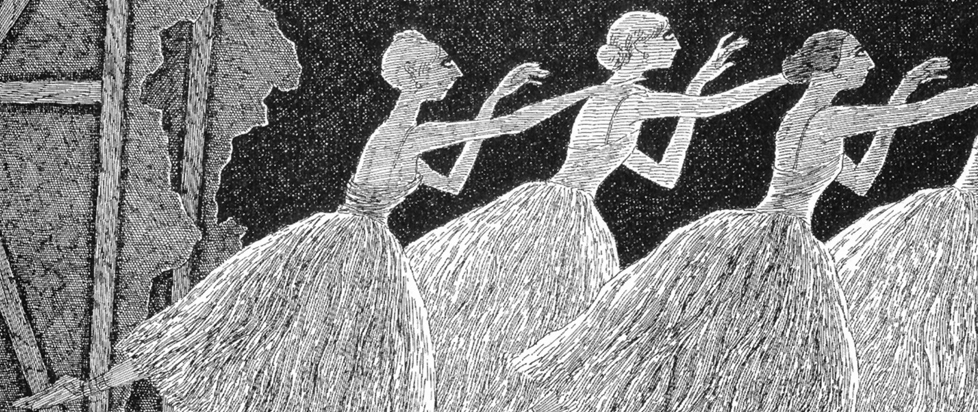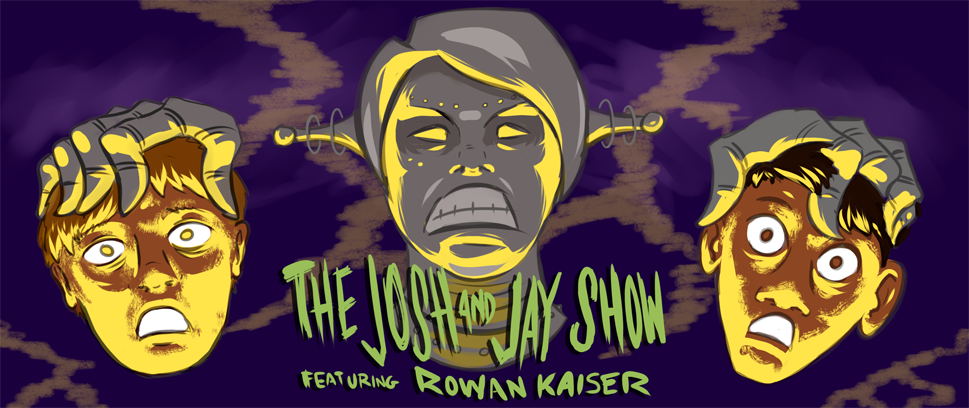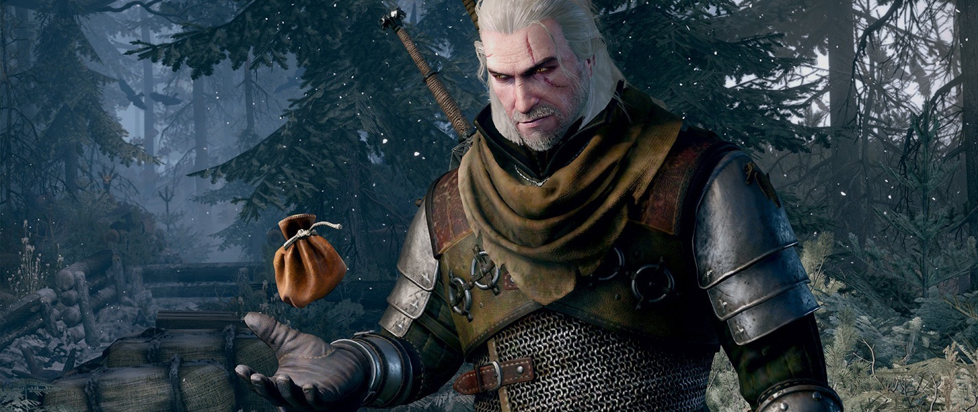
Geralt of Rivia, Anthropologist
I haven’t stepped into Witcher 3 since I’d inevitably become the worst videogame dad in modern history, but against my better judgment I’ve decided to give the game a whirl once more—if only to wallow in my unabated misery. And like returning home after a lingering period of absence, I’m surprised by how much I’ve missed this world; the vast, open plains of the Northern Realms, the unexpected compassion of its denizens (the innkeeper of White Orchard Inn gave me four roasted chicken legs for free!), and the boisterous way its men and dwarves bellowed “whoresons” every time they run into a tree.
Most of all, I missed the game’s self-disparaging humor, and the amount of character packed into every single character—like the poor kid who was banned from hanging out with his best friend because of his little ditty about the Nilfgaardian emperor Emhyr wetting himself, to the beggar who yelped at Geralt, “Help! I’m dying! Of poverty!” For a universe that can be so dreadfully grotesque, these glints of humanity make traversing the world an engrossing adventure; a gift to be thoroughly savored.
Witcher 3 is known for its splendid core narrative, but this measure of care for its background characters also extends all the way to each of Witcher 3’s numerous monster slaying quests, which in the hand of other developers would quickly become monotonous and repetitive. Like a cultural anthropologist, Geralt uncovers more about this universe through these contracts, keenly and patiently listening to villagers as they share their joy and woes.
One of the most inconspicuous side quests is a contract called “Missing Son”, in which an elderly man named Odhen decided to hire Geralt for help in finding his wayward son. The quest concluded with Geralt discovering that his son had been torn to shreds by a wandering fiend, which the mighty Witcher made quick work of. He then delivered the news to Odhen, who accepted it with a quiet sense of bitter resignation. I was about to trot off after accepting my reward, when I saw him slowly making his way to the docks. I trailed after him. It was then I saw Odhen let out a sob, putting his hands to his face, his body shaking with grief. It’s a scene that imbues an otherwise run-of-the-mill quest with so much emotion that I couldn’t stop thinking about it even days after. It’s also a sombre reminder of how bereavement never gets easier, despite the prevalence of death and suffering. Someone even mentioned they’ve tried to cast an Axii spell to calm him down, but of course that move was considered an assault and not permitted.
I miss how there’s to learn about the Witcher universe, and how there’s very little that’s perfunctory about every interaction in the game, as compared to other open-world RPGs. No exchange feels like a mimicry of reality, or an insidious attempt to pad up the game’s content to justify its length. It makes returning to this world a welcoming one, while urging me to learn more about its monsters and men. More than that, it also allows me a second chance to make amends as a better videogame dad.





